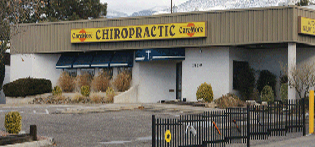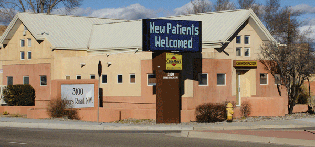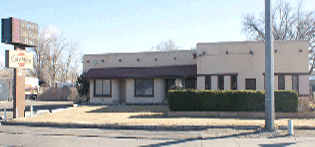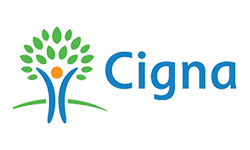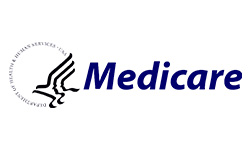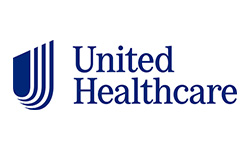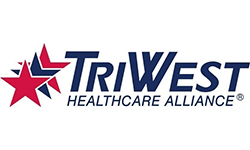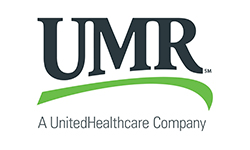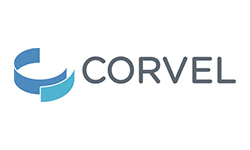You may feel pregnancy discomfort in the form of abdominal pain, bloating, or trapped wind. The baby’s growth can slow your digestive system, which may result in these symptoms. However, these symptoms often go away on their own, and you may not need to seek medical help until your next prenatal appointment. If you’re experiencing severe belly pain, talk to your doctor about your condition. She can recommend treatments and discuss possible causes.
Common Symptoms
Some women experience pain, aching, or cramping in their groin or lower abdomen. This can occur due to the stretching of ligaments in the pelvis, particularly the round ligament. This condition usually resolves itself after the baby is born, but speak with your midwife or GP if it persists. These discomforts can be pretty painful, so getting medical advice is essential. If you’re unsure of the cause, consult your midwife or GP.
Other discomforts you might experience are:
- Heartburn
- A constant feeling of dizziness
- Morning sickness
If you’re pregnant, these symptoms can occur anytime. Fortunately, they usually pass on their own. Most women don’t remember they’re pregnant when they feel stomach upset, but it’s important to remember that it’s not something that you should ignore. By eating small meals regularly, you’ll avoid having an empty stomach, and you’ll be less likely to feel sick during your pregnancy.
If you’re experiencing persistent and severe discomfort during your pregnancy, you should contact your physician immediately. A doctor can prescribe antibiotics to alleviate your symptoms and keep you healthy. If you have any questions, make sure you talk to your midwife or doctor right away. The only person who can treat your symptoms is your midwife. Call your doctor or visit a midwife if you’re experiencing any pelvic pain.
Treatment For Nausea
Early pregnancy discomfort is one of the most common symptoms. Among women, this is usually the only one they notice. But the symptoms of pregnancy may surprise you. Your doctor can prescribe a medicine that will relieve your nausea. Your doctor will also suggest a diet to ease your stomach pain. Your health care provider may also recommend taking anti-nausea medications or recommending a strict nutritional plan. For those who suffer from heartburn, try to eat foods that are easy to digest.
Treatment For Leg Cramps
If you’re experiencing frequent leg cramps during your pregnancy, you should seek medical attention immediately. You may experience pain in the leg and hips. The symptoms of pregnancy discomfort could include heartburn and leg cramps. In some cases, the condition may be more severe than you realize, and you should seek medical attention. In many cases, your doctor can prescribe medication for you to alleviate your leg cramps. If you’re worried about these conditions, check with your physician.
Preeclampsia Treatment
You may feel dizzy or have a headache. High blood pressure can indicate a condition called preeclampsia, which affects the lining of your blood vessels. If you have these symptoms, you should consult your healthcare provider to determine their normal. Taking a vitamin or mineral supplement can help alleviate your symptoms. Using an over-the-counter medicine such as over-the-counter creams or wipes can help reduce stomach pain during pregnancy.
Treatment For Heartburn
Heartburn is one of the most common pregnancy discomforts. A build-up of stomach acid causes it. This can result in a burning sensation in the chest. You should avoid greasy foods during your pregnancy to alleviate heartburn. A heartburn-causing medication can also cause serious complications. In this case, contact your maternity care provider immediately to see if necessary. A doctor can help you determine the best medications to take during pregnancy.
This type of pain usually occurs after the 20th week of pregnancy. It is imperative to get regular medical attention as soon as possible. If you feel a burning pain in your neck or back, you might have a sinus infection. A sinus infection can also cause a toothache.

